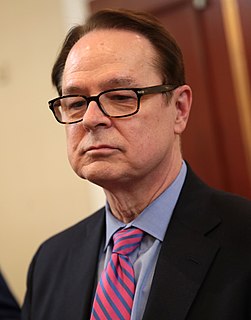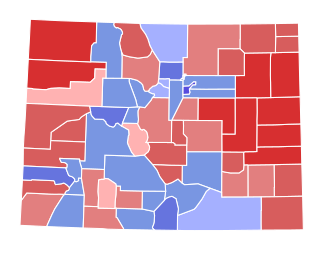A Quote by David Boaz
The real reason to abolish departments like Energy and Education is not to promote efficiency, nor even to save taxpayers’ money. It is that many agencies perform functions that are not Federal responsibility. The founders delegated to the Government only strictly defined authority in Article I, Section 8, of the Constitution. Search the entire Constitution, and you will find no authorization for Congress to subsidize the arts, finance and regulate education or invest tax revenues in energy research.
Quote Topics
Abolish
Agencies
Article
Arts
Authority
Authorization
Congress
Constitution
Defined
Departments
Education
Efficiency
Energy
Entire
Even
Federal
Finance
Find
Founders
Functions
Government
Invest
Like
Many
Money
Nor
Only
Perform
Promote
Real
Real Reason
Reason
Regulate
Research
Responsibility
Save
Search
Section
Section 8
Strictly
Tax
Taxpayers
Will
Related Quotes
In explaining the Constitution, James Madison, the acknowledged father of the Constitution, wrote in Federalist Paper 45: 'The powers delegated by the proposed Constitution to the Federal government are few and defined. Those which are to remain in the State governments are numerous and indefinite. The former will be exercised principally on external objects, as war, peach, negotiation, and foreign commerce.' Has the Constitution been amended to permit Congress to tax, spend and regulate as it pleases or have Americans said, 'To hell with the Constitution'?
Article I, Section 8, of the Constitution, of course, lays out the delegated, enumerated, and therefore limited powers of Congress. Only through a deliberate misreading of the general welfare and commerce clauses of the Constitution has the federal government been allowed to overreach its authority and extend its tendrils into every corner of civil society.
Until the 1930s, the Constitution served as a major constraint on federal economic interventionism. The government's powers were understood to be just as the framers intended: few and explicitly enumerated in our founding document and its amendments. Search the Constitution as long as you like, and you will find no specific authority conveyed for the government to spend money on global-warming research, urban mass transit, food stamps, unemployment insurance, Medicaid, or countless other items in the stimulus package and, even without it, in the regular federal budget.
But did the Founding Fathers ever intend for the federal government to involve itself in education, health care or retirement benefits? The answer, quite clearly, is no. The Constitution, in Article I, Section 8 - which contains the general welfare clause - seeks to restrain federal government, not expand it.
The money problem facing the country from 1789 to 1896 existed because Congress never exercised is authority to "coin money or regulate the value thereof" - but rather delegated that authority, sometimes by charter and sometimes by default, to the banking system. This despite the provision in the Constitution that charged Congress with the power to 'coin money, regulate the value thereof, and of foreign Coin, and fix the Standards of weight and Measures.'
The proposed constitution, therefore, even when tested by the rules laid down by its antagonists, is, in strictness, neither a national nor a federal constitution; but a composition of both. In its foundation it is federal, not national; in the sources from which the ordinary powers of the government are drawn, it is partly federal, and partly national; in the operation of these powers, it is national, not federal; in the extent of them again, it is federal, not national; and finally, in the authoritative mode of introducing amendments, it is neither wholly federal, nor wholly national.
Can the real Constitution be restored? Probably not. Too many Americans depend on government money under programs the Constitution doesn't authorize, and money talks with an eloquence Shakespeare could only envy. Ignorant people don't understand The Federalist Papers, but they understand government checks with their names on them.

































